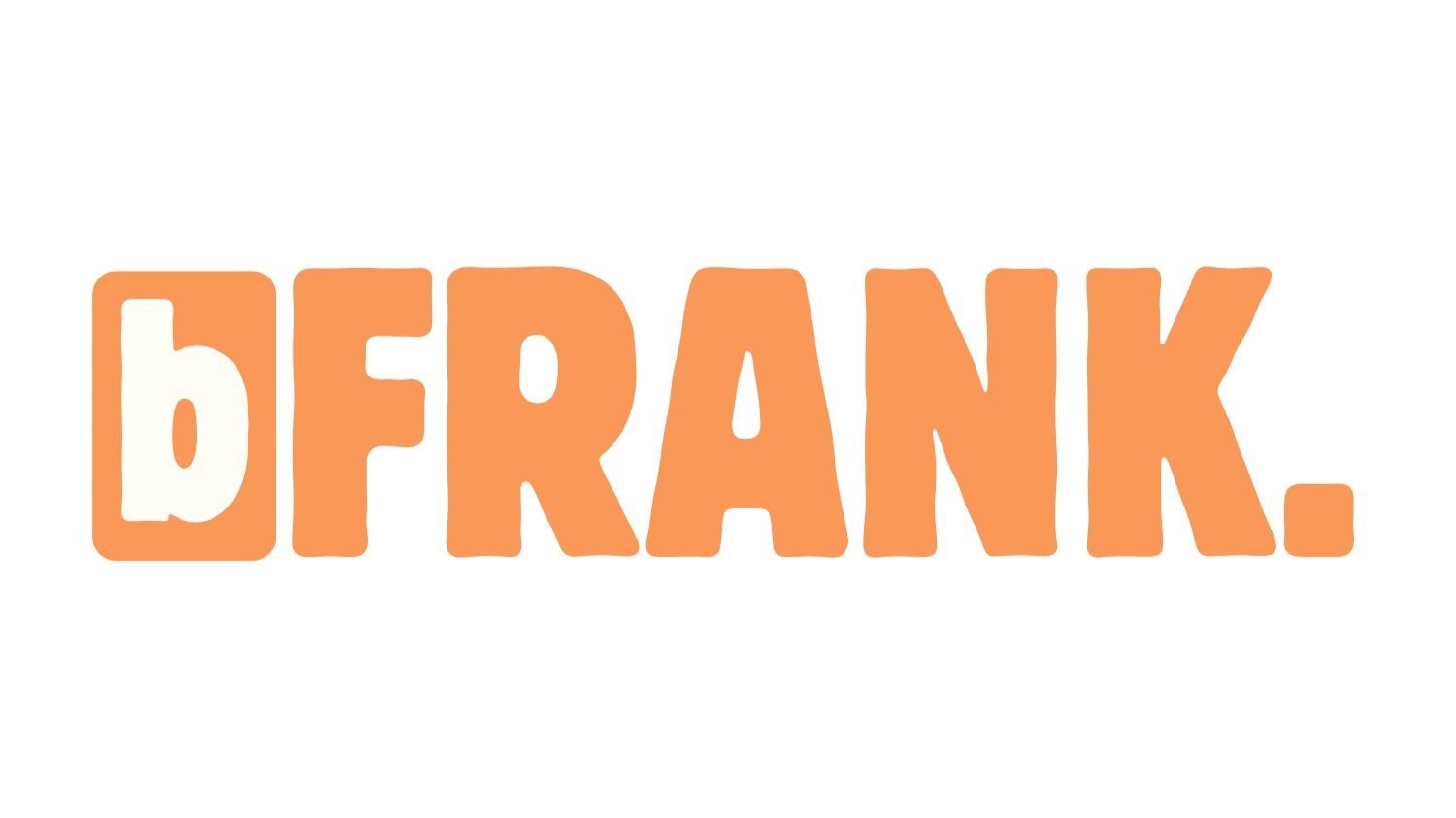Are Eggs bad for you?
No!
I could just end it there, but if you’re interested in why, read on…
You could be forgiven for being skeptical about eggs because they’ve not had great press over the years. They have been accused of highering cholesterol, containing too much fat and having too many calories.
But eggs are making a come back (for some they never went away…) partly due to the increased popularity in animal based/keto/carnivore diets on social media.
What the guidelines say
It was once recommended by the Government, and subsequently organisations like the NHS and British Heart Foundation, that we should limit egg intake to 3-4 per week due to the amount of cholesterol they contain.
But, in case you missed it, The British Heart Foundation has changed is guidance on eggs, stating that they are not a food for concern when it comes to their cholesterol lowering advice. “…the misconceptions around eggs and cholesterol largely stemmed from incorrect conclusions drawn from early research that dietary cholesterol contributed to raised blood cholesterol levels.”
Currently, there is no recommended limit on egg consumption, as long as you eat a varied diet. What this ‘varied diet’ is, is anyone’s guess, but this has been the advice for the last 24 years. And now more recently, studies are showing that eggs actually have a positive effect on preventing cardiovascular disease by increasing the protective HDL Cholesterol. And that our previous knowledge on LDL-C also isn’t what it seems, with the revelation that there are different types of LDL-C; small, medium and large, and large (what you’d get from eggs) is not a problem.
If you’d like to get into the murky world of cholesterol, Dr Malcom Kendrick is a great source for unravelling the science over the years, his book The Great Cholesterol Con is a surprisingly entertaining read considering the topic…!
Confusing information
Despite this, stories in the media are still questioning eggs in relation to heart disease, so the confusion never stops.
You can find a study to support anything nowadays. Especially when it comes to nutrition, where relying on epidemiology makes it kind of difficult to prove anything either way. In this case, I tend to ask myself: does this make sense? Does it make sense that a natural food humans have eaten for millions of years could be the cause of modern illness? I don’t think so. Which is why I lean towards trusting studies that show eggs either have a negative or positive effect on a particular health outcome.
So let’s get into why I love eggs.
Packing a punch
Eggs are little packets of pure complete nutrition, the perfect mix of fats and protein. They are one of the most nutrient dense foods on Earth, up there with liver, oysters, red meat and wild sockeye salmon.
One large egg (50g) will provide approximately 6.5g of protein, 5g of fat, 0.5g carbs and is 70 calories.
But they are so much more than these macros!
They are a complete protein source, containing all 9 essential amino acids that the human body can’t synthesize itself, and they contain essential fatty acids in the form of omega 3’s.
They are super high in vitamins and minerals.
Vitamins
Vitamin A - retinol
Vitamin D
Vitamin E
B vitamins - Cobalamin (B12), Biotin (B7), Folate (B9), Riboflavin (B2), Pantothenic Acid (B5)
Carotenoids (have to be converted into retinol in the body)- Lutein and zeaxanthin, this is where the colour of the yolk comes from
Minerals
Calcium
Choline
Cholesterol
Iron
Iodine
Selenium
Sodium
Phosphorus
Potassium
Zinc
All of these nutrients are essential for the body to be working optimally, so what better way to start your day than by fueling up with the good stuff?! Because that’s what you call a real “treat” for the body.
If you’re still not quite sold, read on…
Other health benefits
The nutrient density of the humble egg makes it an excellent food when it comes to disease prevention.
The high quantities of lutein, zeaxanthin and vitamin A can help prevent and/or slow degenerative processes effecting the eyes, in particular cataracts and macular degeneration.
A quick circle back to cholesterol, as scientists have discovered that a more accurate marker for coronary heart disease is triglyceride level. Omega 3s, specifically EPA and DHA - the type from animal products - have been shown to lower triglyceride levels.
There’s also chatter about eggs and weight loss. Their unique formation of healthy fats and proteins increase satiety, making you fuller for longer.
And finally a nod to brain health. When it comes to Dementia and Alzheimer’s prevention, there are a list of stand out actionable points:
Ensure levels of B vitamins, vitamin D and Omega 3 (EPA & DHA) are optimal
Manage your insulin response to maintain optimal insulin sensitivity
Eggs are GOLDEN (literally) for this. They contain B vitamins, vitamin D and omega 3s. More omega 3’s are found in pasture raised eggs. And they are not even listed on the glycemic index because they contain less than 1g of carbohydrate, so in terms of maintaining your insulin, they’re up there with the best.
Remember, a lot of those essential nutrients are present in the yolk only. It’s pure criminal activity to be taking out that golden ball of yolk!
In summary, eggs are the best
They’re easy to buy, easy to cook, and super cheap when you’re talking nutrient per gram.
All hail the egg!



